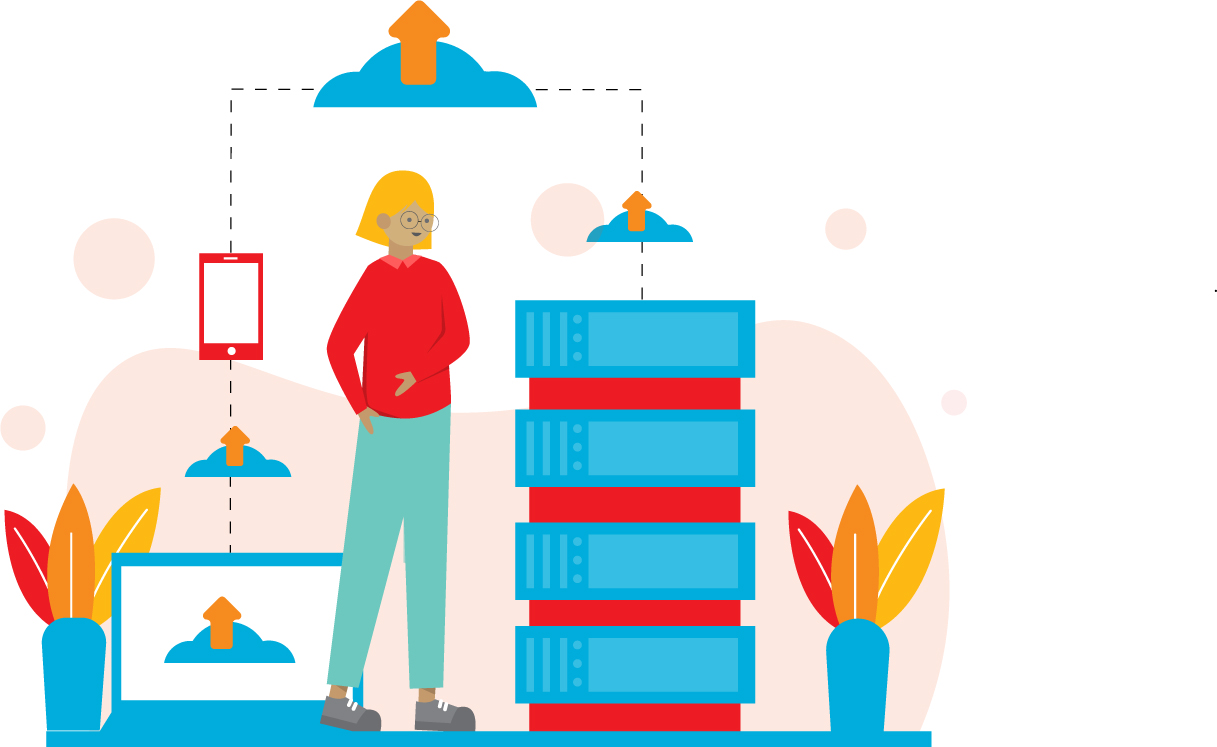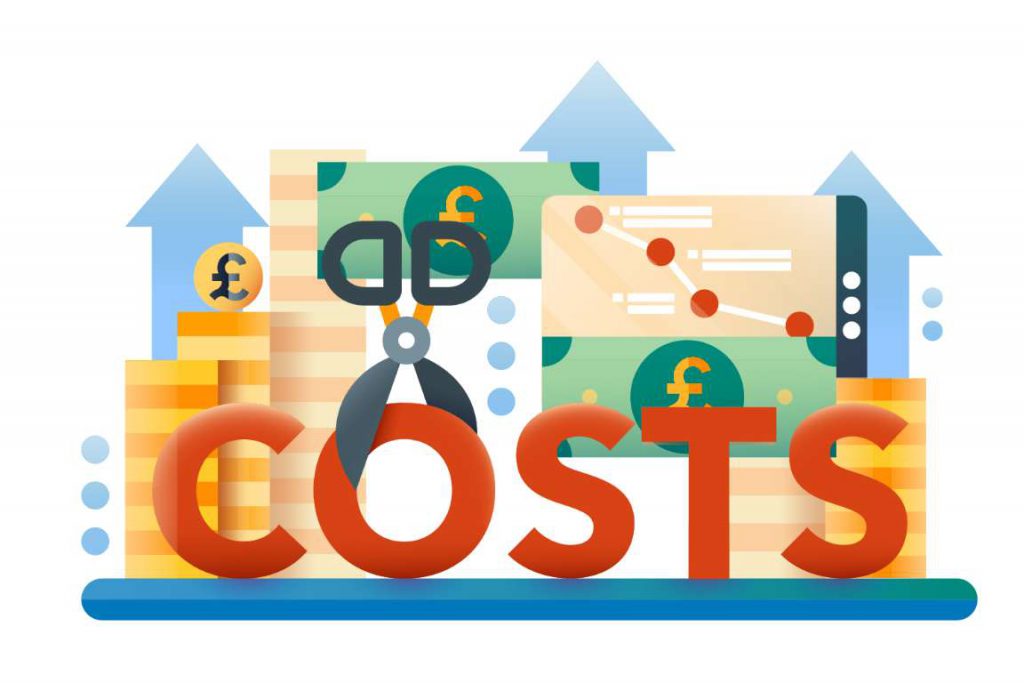
Choosing POS Systems: On-Premise vs Cloud-Based vs Hybrid
If you’re looking for the perfect Point-of-Sale (POS) system to support your retail operation, it’s important to think about how the system will be hosted when making your decision.
In terms of the basics, most POS systems today are fairly uniform. They almost always include:
- Terminals or tablets for viewing product, customer and sales transaction information
- Barcode scanners
- A PDQ (Process Data Quickly) machine for Chip & PIN or contactless card payments
- Receipt printers
- Cash storage
- POS software, which also may include inventory tracking and Customer Relationship Management
One of the differences between systems is how they’re hosted and accessed. These models can be broken down into three types: on-premise, cloud-based, and hybrid. Let’s take a look at the differences between them.
The Three Major Types of POS System Implementations
1 – On-Premise
An on-premise system means that all information is stored locally, on your own systems. So you require suitable servers to ensure adequate system performance and appropriate space or a data center to house the equipment. This does give you a high degree of control over your own data, as well as meaning that your POS system can continue to function even if you lose your external internet connection. There are also security benefits since you aren’t accessing external networks.
However, this can also be a very risky choice if you don’t have the correct infrastructure, resource and expertise to maintain resiliency. Unless you setup and maintain database backups, there will always be a significant danger of system failure or data loss. Likewise, if your servers go down, you’ll need an up to date disaster recovery plan to get you up and running as quickly as possible – essential in the always on retail environment.
2 – Cloud-Based
With a cloud-based POS system, all the software and data are stored off-site, in external cloud servers. You won’t require your own data center or need to worry about hardware. This means that your system can be accessed anywhere in the world, allowing for robust remote POS setups, or even pop-up stands at locations such as trade shows. In addition, it’s typically very easy to deploy software updates, since updates on the cloud server will be instantly available to everyone.
However, data storage and security will only be as good as the cloud host you use. Some hosts may also claim additional ownership or rights over the information. Plus, if you lose your internet connection, you lose access to the system.
3 – Hybrid
Hybrid systems are a best-of-both-world solution. They utilise both local and cloud-based servers, often with one set to failover to the other in case of problems. When properly implemented, you get all the benefits of both types, with very few drawbacks aside from being moderately more expensive to initially deploy.
Eurostop
Eurostop offers one of the most-trusted hybrid POS systems in the world, powering a long list of highly successful retail operations. Contact us for a free demonstration.



